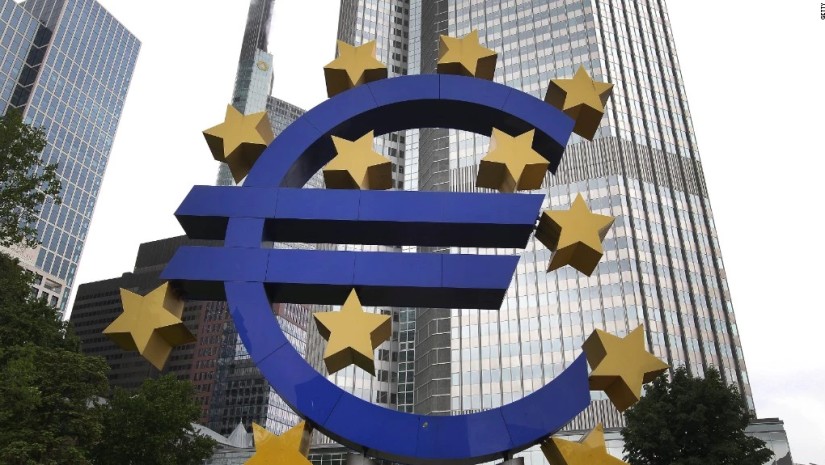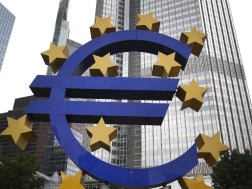In the second quarter of 2023, household real consumption per capita decreased by 0.2% in the euro area, after decreasing by 0.5% in the previous quarter. Household real income per capita slightly increased in the second quarter of 2023 by 0.1%, after an increase of 0.6% in the first quarter of 2023, Eurostat, the statistical office of the European Union said.
In the EU, household real consumption per capita decreased by 0.1% in the second quarter of 2023, after a decrease of 0.9% in the previous quarter. At the same time, household real income per capita increased by 0.3% in the second quarter of 2023, after an increase of 0.5% in the first quarter of 2023.
Components of household gross disposable income
During the second quarter of 2023, household gross disposable income (in nominal terms, seasonally adjusted) increased by 1.3% in the euro area and by 1.6% in the EU. The increase is mainly explained by the large positive contribution of compensation of employees in both the euro area and EU. Conversely, current taxes and net social contributions was the only negative contributor.
Household saving rate increased in the euro area and the EU
In the second quarter of 2023, the saving rate increased by 0.4 percentage points (pp) in the euro area and by 0.5 pp in the EU, compared with the previous quarter.
Among the Member States for which data are published, the household saving rate increased in nine Member States, remained stable in one, and decreased in four. The largest increases were observed in Portugal (+2.4 pp), the Netherlands (+1.6 pp) and Belgium (+1.3 pp). At the same time, Austria had the largest decrease (-2.1 pp), followed by Italy (-0.5 pp).
Household investment rate decreased in the euro area and the EU
In the second quarter of 2023, the investment rate of households decreased by 0.4 pp in the euro area and by 0.3 in the EU, compared with the previous quarter. Among the Member States for which data are published, the household investment rate increased in two Member States, remained stable in one, and decreased in eleven countries. Poland (+0.4 pp) and Spain (+0.1 pp) recorded the increases. The largest decreases were observed in Hungary and Ireland (-1.6 pp and -0.8 pp respectively), due to their large decrease in household gross fixed capital formation (-13.0% and -9.9% respectively).
















